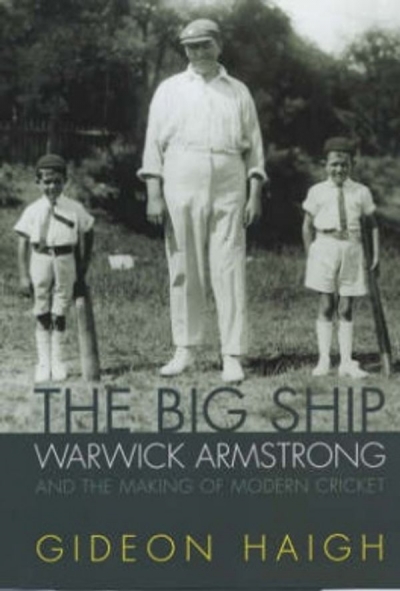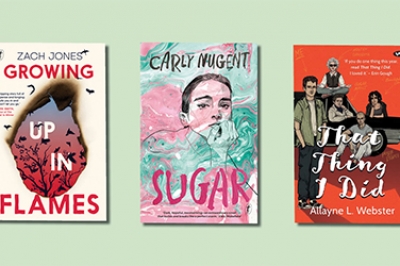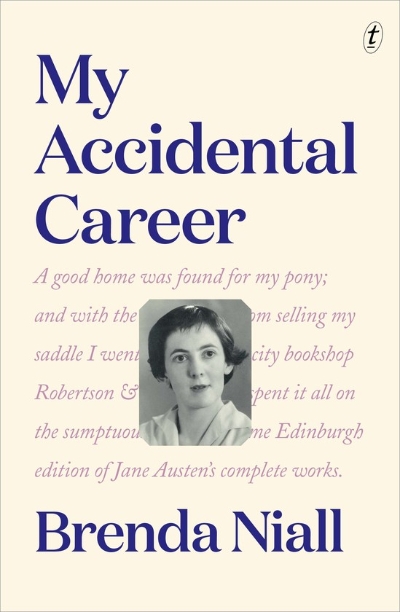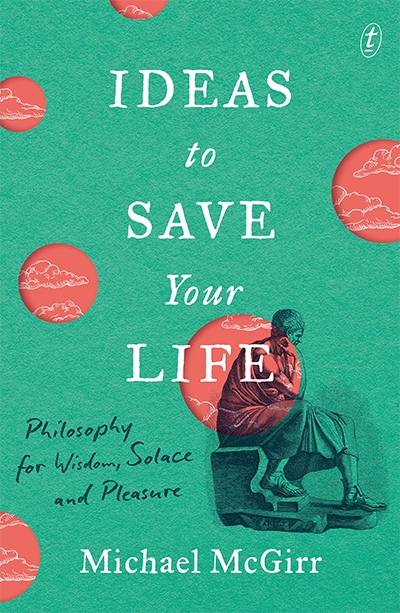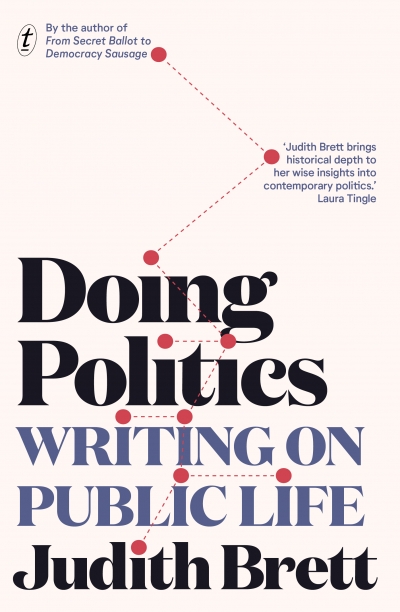Text Publishing
The Big Ship: Warwick Armstrong and the making of modern cricket by Gideon Haigh
Zach Jones’s début novel, Growing Up in Flames (Text Publishing, $19.99 pb, 288 pp), unfolds after a tragic bushfire, while an approaching bushfire stalks Carly Nugent’s protagonist Persephone in Sugar (Text Publishing, $19.99 pb, 368 pp). The only noticeable flames in Allayne Webster’s That Thing I Did (Wakefield Press, $24.95 pb, 336 pp) belong to a foul-mouthed granny named Daisy, who uses them to light her cigarettes, but Webster’s novel about an unlikely group of strangers on a madcap South Australian road trip is as poignant as it is funny.
... (read more)
oubtless there will come a time when one’s more disciplined reading self requires nourishment from serious books that offer sustained intellectual, creative, and moral challenges. In the meantime, books – in particular the contemporary urban novel – may continue to satisfy by being charming, delightful, witty, heart-warming, hilarious, astringently refreshing, sharply observed, and deliciously original.
... (read more)Few traits typify the mythology of the Aussie bloke quite as strongly as a love of water and a laid-back attitude. Increasingly acknowledged is the role violence plays in shaping our laconic beach-lovers. Three Young Adult novels tackle this sinister undercurrent of male identity, but in different ways and to different effects. In Kate Hendrick’s Fish Out of Water (Text Publishing, $19.99 pb, 288 pp), swimmer Finn aspires to be a ‘top bloke’ like his father, but does he really? Philip Gwynne’s Taj just wants to surf, but he must deal with a foreign government intent on executing his father in The Break (Penguin Books, $19.99 pb, 384 pp). In If Not Us (Text Publishing, $19.99 pb, 272 pp), by Mark Smith, surfer Hesse is trying to save the environment but soon discovers that taking a public stand on a controversial issue can have dangerous consequences.
... (read more)When Anne Shirley dreamed of finding a ‘bosom friend’ in Avonlea, she did more than conjure Diana Barry into existence. The heroine of Lucy Maud Montgomery’s Anne of Green Gables (1908) imprinted on us an almost impossible standard for what to expect from our earliest female friendships: a lifelong source of joy sustained by a mutual devotion to each other’s best interests. More often than not, however – as the popularity of Elena Ferrante’s Neapolitan novels attests – childhood friendships are as complicated as any other. And when they rupture, whether through accident, argument, or design, the aftershocks can last well into adulthood.
... (read more)
